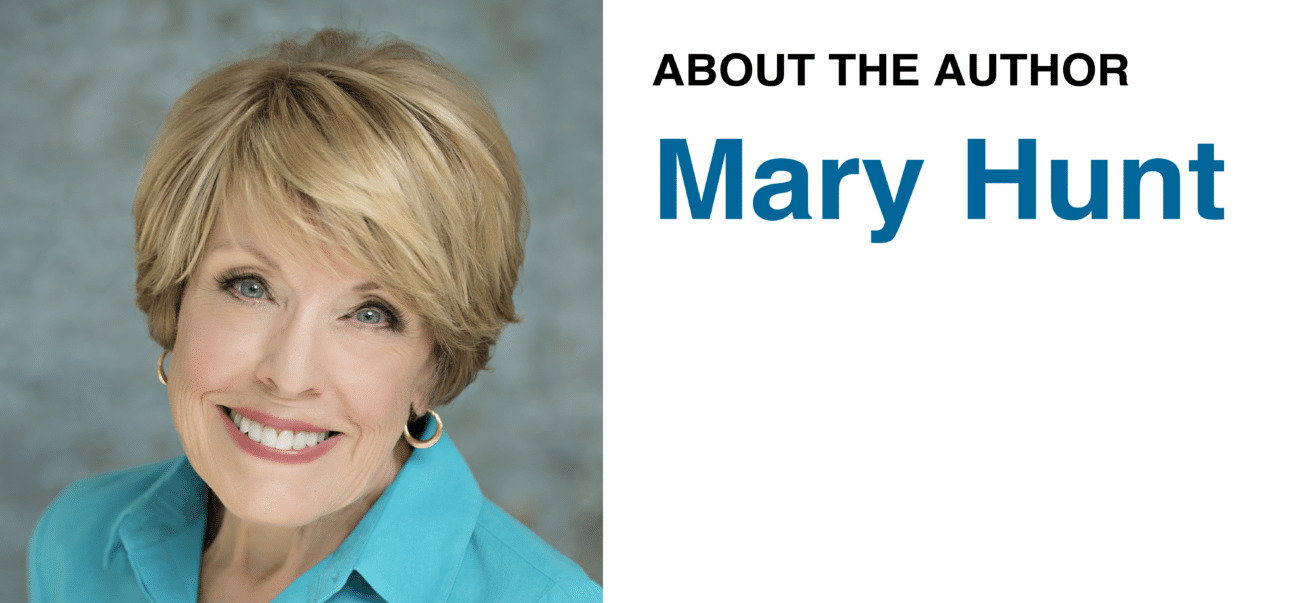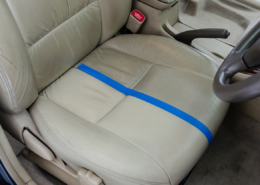10 Purchasing Mistakes Keeping You Broke and in Debt
Mistake, lapse, oversight, bungle, stupid mistake—no, these are not a list of answers to give at an IRS audit! These words describe the blunders many consumers make.
We Americans love to shop and spend money, don’t we? We feel entitled to have what we want right now and we’ll pay for it later. We spend money like its water, we naively make big blunders and then wonder why we’re in such terrible shape financially.
Let’s take a look at what the Consumer Federation of America has named the top ten purchasing blunders American consumers make to see if anything looks familiar.
Blunder #1
Leasing a car rather than buying it believing that’s a way to save money.
Big mistake! At the end of the lease you don’t own a car. You have nothing. Lease payments contribute to the use of the car—think of it as a very long car rental—but you don’t build any equity or ownership in the vehicle. Once the lease term ends, you have to return the car, and you don’t have an asset to sell or trade. Sure they’ll sell it to you but more than likely talk you into rolling it over into a new lease.
Blunder #2
Paying in full for a home improvement before the work is done
Advance payments are always required, but don’t ever pay in full until the work is done and you are satisfied.
Paying in full upfront poses a financial risk, especially if the contractor fails to deliver as promised. If the contractor goes out of business or abandons the project, recovering your money can be challenging.
Having a portion of the payment remaining gives you leverage to ensure that any issues or deficiencies are addressed promptly. Without this financial leverage, the contractor may be less responsive to your concerns.
Blunder #3
Holding too many credit cards and then losing track of what you’re spending
That’s the easiest way to allow money to leak out of your life. Many credit cards come with annual fees. Holding too many cards may result in paying multiple annual fees, reducing the overall financial benefit of using credit cards.
Managing multiple credit cards can be challenging. Keeping track of due dates, credit limits, and individual balances for each card can lead to oversights, late payments, and potential fees.
Credit card issuers can change terms and conditions. All that’s required is for them to notify you. It could be on a simple post card—something quite unnoticeable. when you a big collection of accounts, it easily becomes impossible to keep up.
Blunder #4
Buying new appliances that are not energy efficient
They might be cheaper to purchase, but you’ll pay through the nose to run them. Non-energy-efficient appliances tend to consume more electricity, resulting in higher utility bills over time. Energy-efficient appliances are designed to use less energy, saving you money on your monthly energy expenses.
While energy-efficient appliances may have a higher upfront cost, they often provide long-term savings through reduced energy consumption. The initial investment can be outweighed by lower utility bills over the lifespan of the appliance.
Blunder #5
Not finding a competent, honest auto mechanic
A competent mechanic has the knowledge and skills to diagnose and fix automotive issues accurately. Quality repairs ensure that your vehicle operates efficiently, reducing the likelihood of recurring problems.
A trustworthy mechanic provides transparent and fair pricing. They won’t overcharge for services or recommend unnecessary repairs. This honesty leads to cost savings and prevents you from being taken advantage of financially.
Spend a little time to find a mechanic who charges fair prices you can trust.
Blunder #6
Cashing in whole or cash-value life insurance before 15 years
If you don’t keep it that long, you’re throwing your money away. While term insurance is just plain life insurance, cash value insurance combines insurance and investing.
Many cash-value life insurance policies come with surrender charges, especially during the initial years. Cashing in the policy early may trigger substantial fees, reducing the amount you receive and potentially causing a financial loss.
In the early years of a life insurance policy, a significant portion of the premium payments goes toward administrative expenses and commissions. Cashing in the policy too soon means you may not have accumulated enough cash value, and the surrender charges can further diminish the amount you receive.
Cash-value life insurance policies often take time to accumulate substantial cash value. Surrendering the policy before it has had a chance to grow can result in minimal returns, making it an inefficient use of the premiums paid.
Blunder #7
Not maintaining the minimum bank balance required to avoid checking fees.
Many banks impose fees on checking accounts if the minimum balance is not maintained. This can include monthly maintenance fees, overdraft fees, or low-balance fees. Failing to meet the minimum balance requirement may result in unnecessary charges that can add up over time.
Unexpected checking fees can disrupt your budgeting efforts. By maintaining the minimum balance, you ensure that your checking account remains fee-free, allowing you to allocate funds more effectively and plan for other financial goals.
One way to avoid this may be to have your paycheck automatically deposited.
Blunder #8
Choosing a 30-year mortgage loan because the monthly payments are lower
You can save tens of thousands of dollars in interest by choosing the shortest-term mortgage, which will have higheer monthly payments, that you can afford.
A 30-year mortgage typically comes with a higher total interest cost compared to a shorter-term loan. While the monthly payments are lower, the extended repayment period means you end up paying more in interest over the life of the loan.
A 15-year mortgage could be your best shot at owning your home free and clear!
Blunder #9
Assuming your insurance agent will shop the market to find us the best policies.
Wrong! It’s up to you to call different companies and compare quotes.
Agents may have agreements or partnerships with certain insurance companies, influencing their recommendations. While they are expected to act in your best interest, there may be a bias towards policies from the companies they work with regularly.
Incentives and Commissions: Agents often earn commissions based on the policies they sell. This compensation structure may impact their motivation to prioritize your needs over their own financial interests. It’s important to be aware of potential conflicts of interest.
Blunder #10
Failing to compare the per unit prices.
You can save yourself hundreds of dollars a year by taking a few moments to compare the unit price of frequently purchased goods. You’re going to find that the larger size is not always the better buy.
Per unit prices help you identify the most cost-efficient option when comparing similar products or services. This allows you to maximize the value for the money spent.
Over time, consistently comparing per unit prices can lead to significant long-term savings. Making cost-effective choices on a regular basis contributes to better financial management and budgeting.
Wrap It Up
Chances are you’ve made one of these mistakes yourself and learned the hard way. Hopefully you won’t be repeating them in the future!
Everyday Cheapskate™ may receive compensation when you click through and purchase from links contained on this website. Mary always offer her own honest opinions and genuine recommendations. Learn more.
Mary Hunt is a New York Times and Wall Street Journal bestselling author, financial expert, blogger and nationally syndicated columnist. Mary writes and speaks on personal finance and how to get out of debt and live below your means. As founder of Everyday Cheapskate™ and Debt-Proof Living™, Mary reaches millions of daily readers with her frugal living advice. Learn More.
















Leave a Reply
Want to join the discussion?Feel free to contribute!